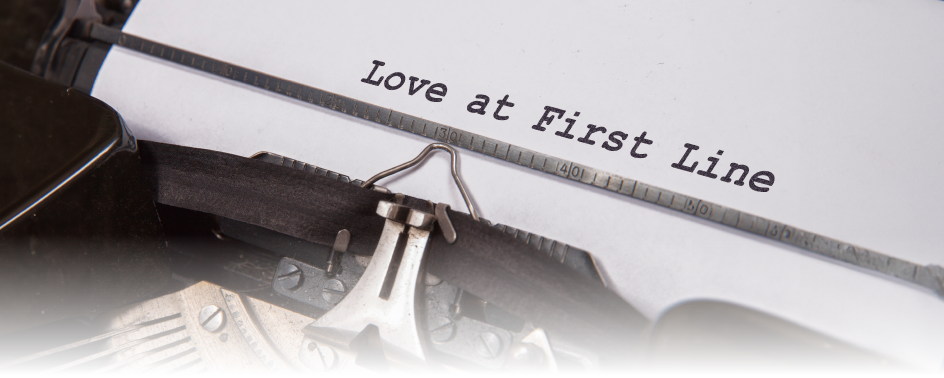

It is a truth universally acknowledged, that a voracious reader in possession of a large to-be-read pile must be in want of a new book. She goes to a bookshop, picks a title off a shelf, scans the blurb on the back, opens the cover, and reads the first line …
The opening line is arguably the most important sentence of a book. It is the first opportunity for authors to entice the reader into a world of their own creation. In a collection of his essays on literature, The Story Begins, Amos Oz writes, “Beginning to tell a story is like making a pass at a total stranger in a restaurant.” In the right hands, a book’s beginning alone can make you feel like falling in love at first sight. Your heart starts racing as you feel excited for all the possibilities to come.
From the pithy to the prescient, incipits come in all varieties. There are the philosophical ones, for instance, that are thought-provoking and intriguing in their certainty:
If I have learned anything in this long life of mine, it is this: In love we find out who we want to be; in war we find out who we are.
— The Nightingale by Kristin Hannah
Those that make the hair on the back of your neck tingle:
When I think of my wife, I always think of the back of her head.
— Gone Girl by Gillian Flynn
Those that amuse you:
The human race, to which so many of my readers belong, has been playing at children’s games from the beginning, and will probably do it till the end, which is a nuisance for the few people who grow up.
— The Napoleon of Notting Hill by G. K. Chesterton
Those that capture a protagonist’s unique voice:
If you really want to hear about it, the first thing you’ll probably want to know is where I was born, and what my lousy childhood was like, and how my parents were occupied and all before they had me, and all that David Copperfield kind of crap, but I don’t feel like going into it, if you want to know the truth.
— The Catcher in the Rye by J. D. Salinger
Those that ground readers in the theme of a novel:
It is a truth universally acknowledged, that a single man in possession of a good fortune must be in want of a wife.
— Pride and Prejudice by Jane Austen
Those that use absurdity as a springboard for curiosity:
Every summer Lin Kong returned to Goose Village to divorce his wife, Shuyu.
— Waiting by Ha Jin
And those that challenge the reader:
If you are interested in stories with happy endings, you would be better off reading some other book.
— The Bad Beginning by Lemony Snicket
So what are the best opening lines in fiction? Every bibliophile has his or her favourite ones. After all, beauty is in the eye of the beholder. Yet there are certain sentences that catch more eyes. Below are the top five openings chosen by 2,000 British book lovers in a poll last year as the most iconic opening lines from the world of literature.
It was the best of times, it was the worst of times.
— A Tale of Two Cities by Charles Dickens
It was a bright cold day in April, and the clocks were striking thirteen.
— 1984 by George Orwell
All children, except one, grow up.
— Peter Pan by J. M. Barrie
In a hole in the ground there lived a hobbit.
— The Hobbit by J. R. R. Tolkien
Mr and Mrs Dursley, of number four, Privet Drive, were proud to say that they were perfectly normal, thank you very much.
— Harry Potter and the Philosopher’s Stone by J. K. Rowling
Often setting the tone for all that follows, always captivating readers from the outset, these first lines give a great opening to the equally great novels. Long after we have closed the book, the brilliant beginning of the story is still fresh in our minds. We should not judge a book by its cover, but we may, sometimes, judge it by its opening line.












